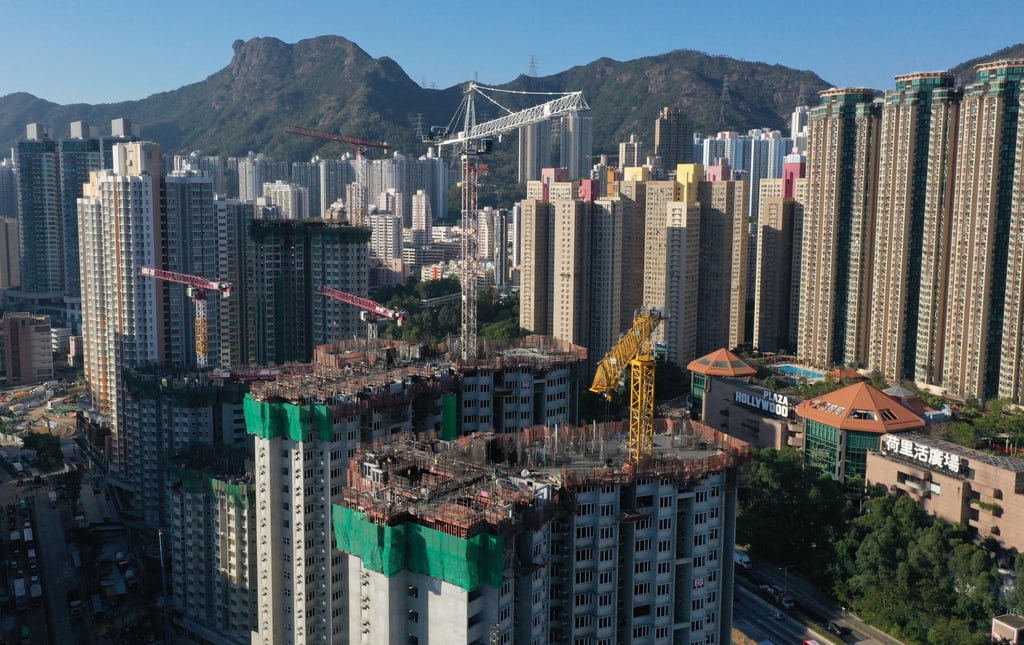How a restructuring of the next Hong Kong government can speed up housing land supply
- Revamp of housing, development and transport portfolios may streamline processes, according to observers
- Former minister Anthony Cheung says shake-up can be further improved by combining housing and development into one bureau

A restructuring of the next Hong Kong administration can speed up land supply for housing, observers have said, noting this will be a boon for projects involving site repurposing, reclamation works or urban redevelopment.
But a former housing minister said the plan under incoming leader John Lee Ka-chiu – which will revamp the housing, development and transport portfolios – could be further improved by combining the first two areas in question under one bureau.
Lee’s shake-up was approved by incumbent leader Carrie Lam Cheng Yuet-ngor’s de facto cabinet on May 17. Among the reshuffles, the current Transport and Housing Bureau will be split into two to better tackle the city’s housing problems, including a lack of affordable homes and short-term land supply.

The new housing and transport secretaries will no longer report to the chief secretary, but instead to the financial secretary, who will also supervise the development secretary, the post in charge of sourcing land.
Lee had said grouping the ministers under the same supervisor will create synergy and help speed up work. His manifesto also proposed setting up two task forces on public housing projects and land supply, both to be overseen by the deputy financial secretary, a new post.

Lawrence Poon Wing-cheung, a former member of the Town Planning Board and the Urban Renewal Authority’s (URA) board, said the new structure would be more efficient.
“The financial secretary’s single coordination of these bureaus can speed up land supply and process of construction projects,” Poon said.
“Currently, the Development Bureau does not act [on housing] unless it has received orders from the Transport and Housing Bureau,” said Poon, a City University real estate expert. “Under the same [coordinator], they will receive orders at the same time, and they need to settle it together.”
Poon had earlier cited examples of inefficiency in internal coordination under the existing structure. For example, if the URA is tasked with subsidised housing, it not only has to discuss the matter with its supervising body, the Development Bureau, but also the Housing Bureau, which is not represented on the authority’s board. This has resulted in delays in decision-making, according to Poon.
